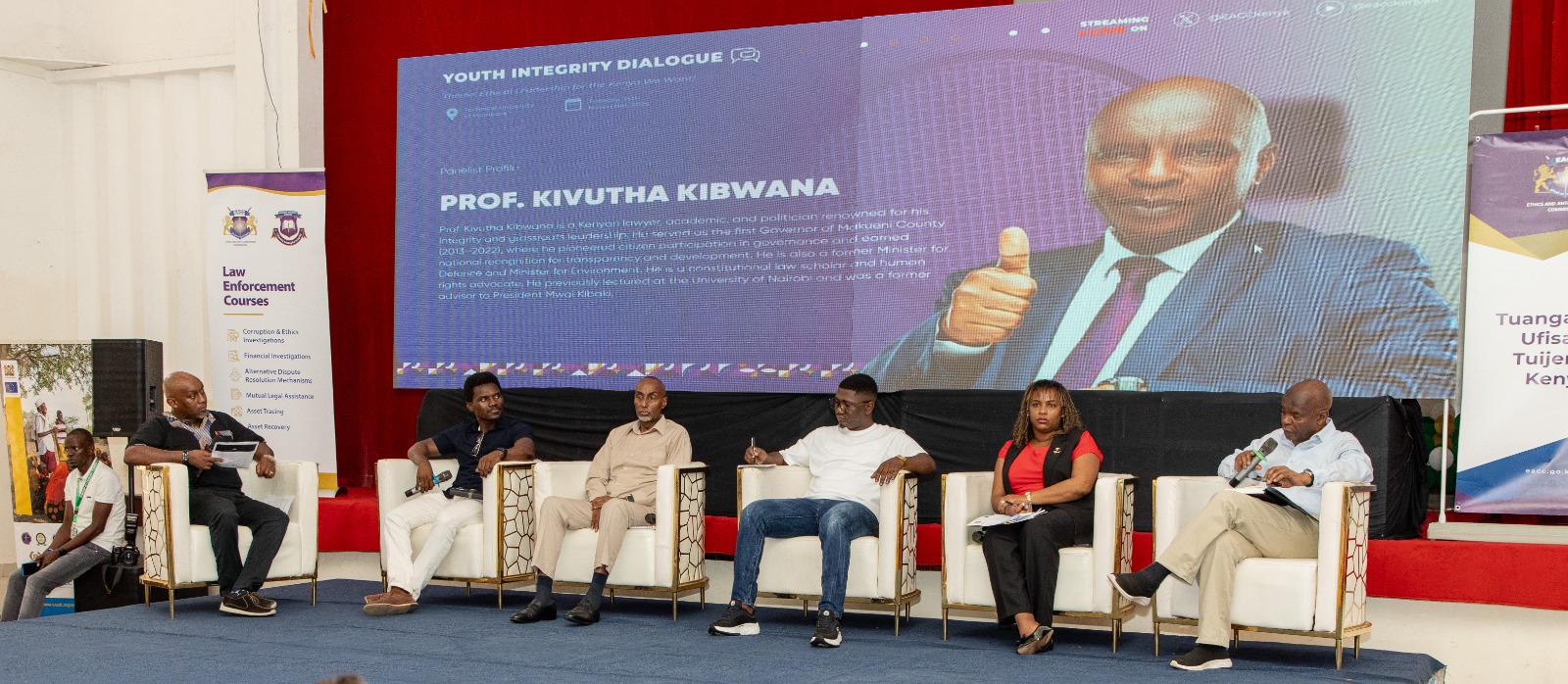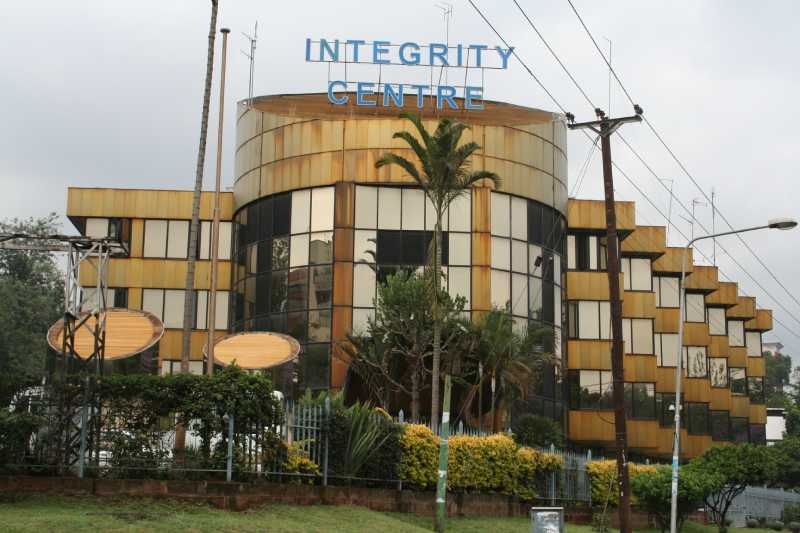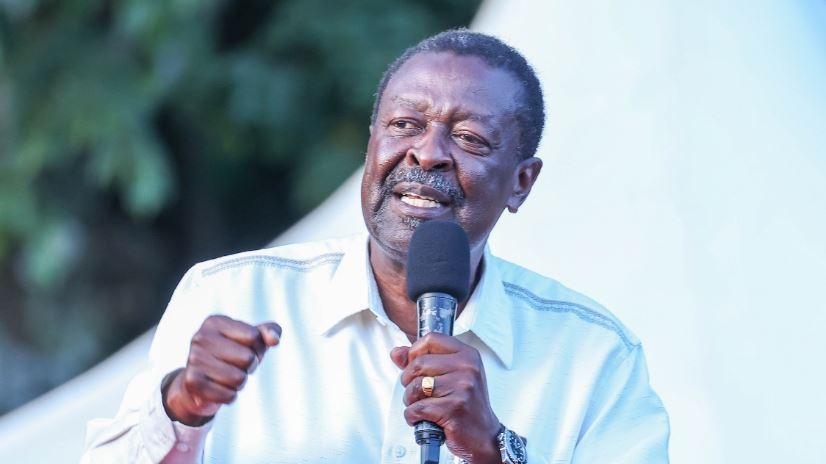
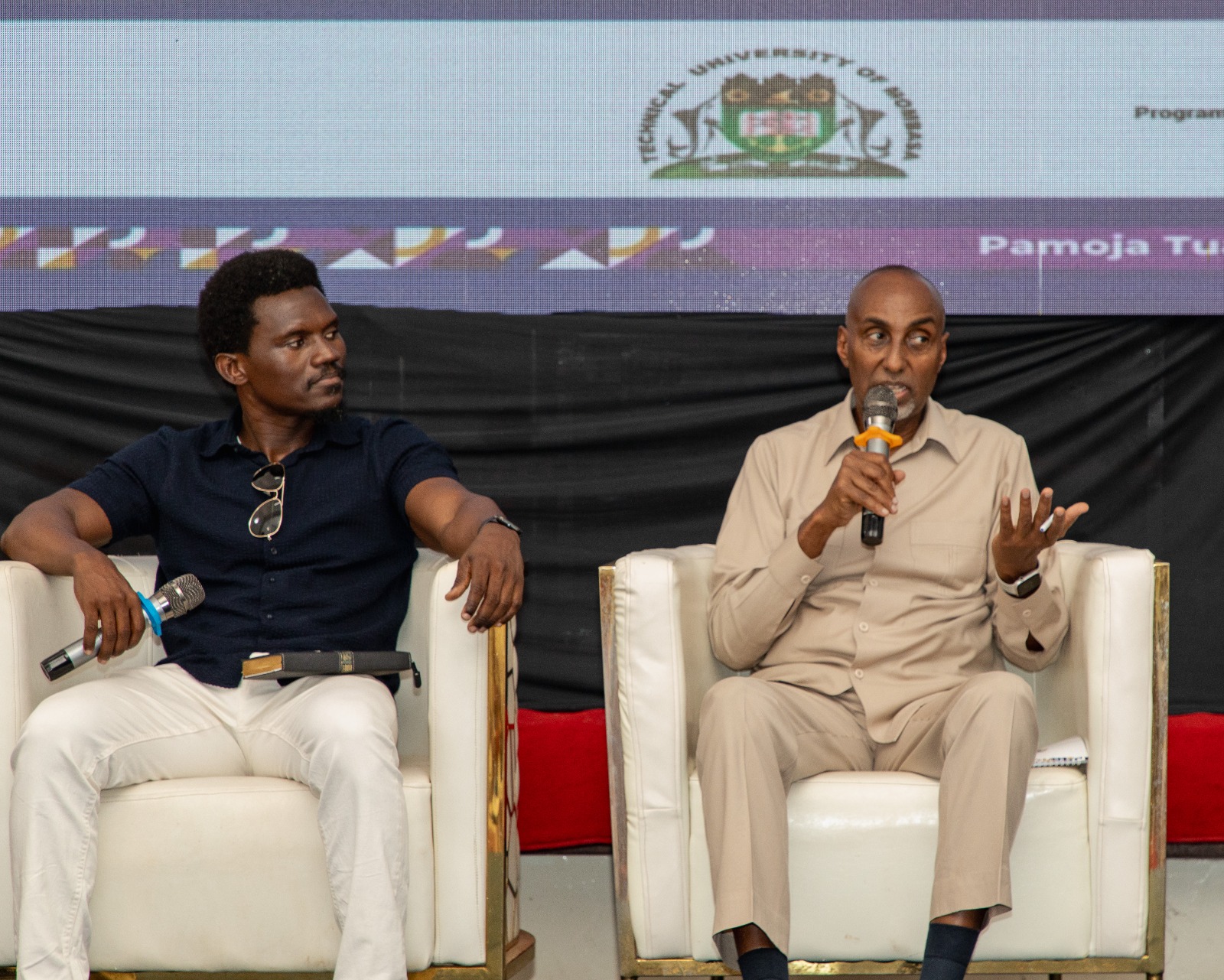
Ethics and Anti-Corruption Commission (EACC) Chief Executive Officer (CEO) Abdi Mohamud has challenged young people to use their influence to reshape the moral fabric of the nation.
Speaking on Tuesday during a youth integrity dialogue at Technical University of Mombasa, he urged the youth to refuse bribery, demand better leadership and confront unethical governance.
"Youth need to take responsibility by refusing to bribe, acting on political instructions from unethical leaders or electing leaders who are compromised," he said.
The dialogue, the first of many to come, was organised by the Commission, aimed at instilling integrity to students as the architects of today.
The conference's theme is: Ethical leadership for the Kenya we want.
Mohamud told youth to stop electing leaders with compromised integrity.
He recalled that in the 2022 election, the EACC identified 139 candidates with integrity issues, lamenting that they were still elected.
“We published the names in the media and told Kenyans these candidates were unethical,” he said.
“But they were elected. And youth are the largest voting demographic. Now they are complaining that these leaders are stealing resources. Youth must stop pointing fingers and take action.”
Mohamud said the EACC is not just policing corruption; it wants youth as partners.
The Commission expanded its collaboration with the National Youth Council earlier this year, signing a formal Memorandum of Understanding to build a structured integrity-champions network.
The EACC argued that young Kenyans must temper impatience.
“You cannot be employed today and want to be a CEO tomorrow,” he warned.
“Some youths get bored immediately because they are not promoted fast enough. We need to address impatience and be realistic.”
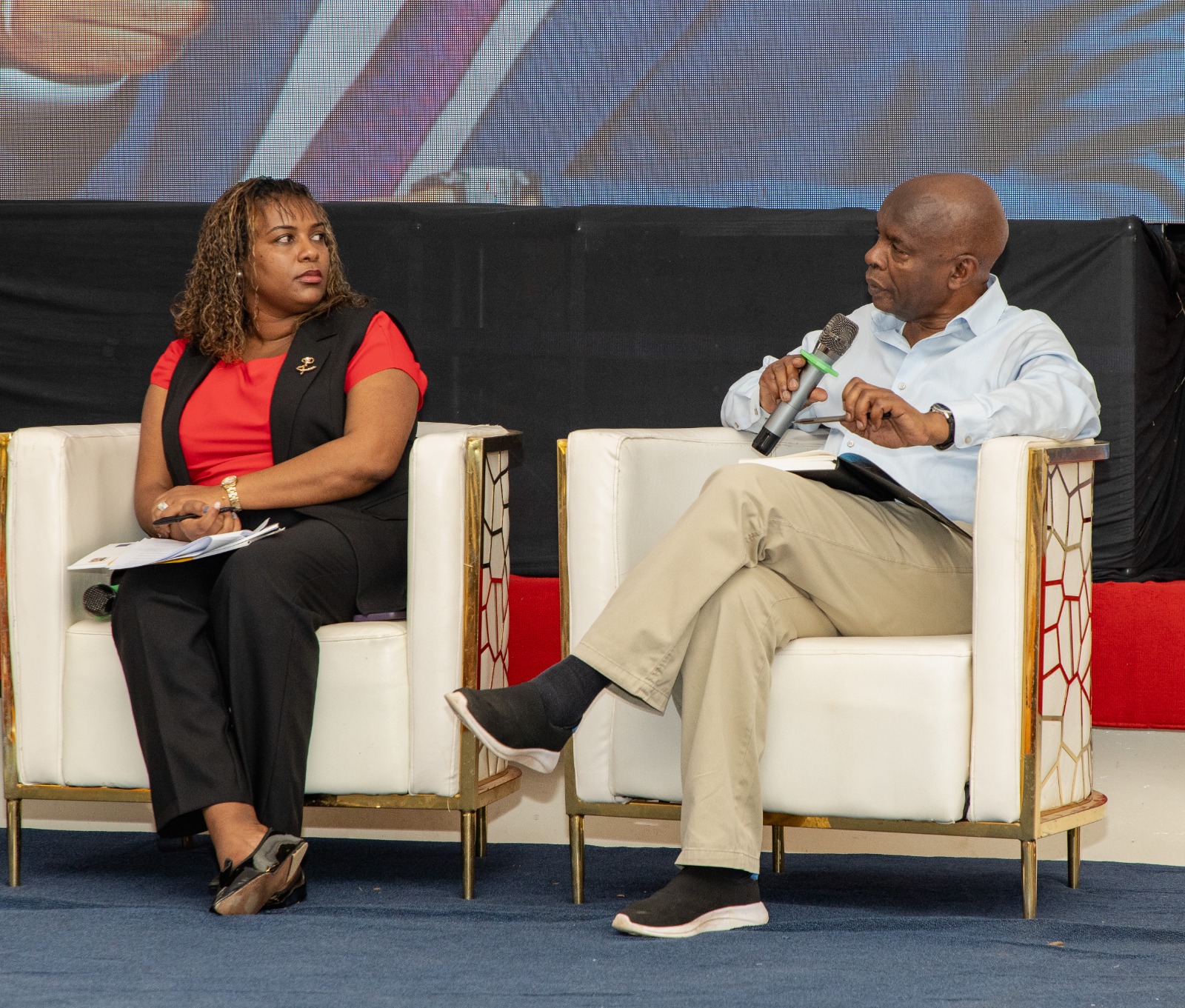
At the same setting, former Makueni Governor Kivutha Kibwana echoed the challenge, urging young people to engage in politics, demand reforms and insist on structural integrity.
He cited a survey by Aga Khan University that once found that many youths feared speaking out against corruption, or were open to accepting bribes during elections.
“But today, we have heard a significant change. Now, we need the real commitment because there is a difference between saying and doing,” he said.
Recalling his own time in office, Kibwana described how some county assembly members argued that they deserved to “eat” from public funds.
When he resisted, they blocked his budget and threatened his impeachment.
To restore trust, Kibwana recommended specific reforms: give EACC prosecutorial powers, allow delegation from the Director of Public Prosecutions, make public officials’ wealth declarations accessible, and enforce open, transparent procurement.
He challenged the young people who have a heart for leadership and politics to take the bold step, regardless of their social status.
“Youth who want to join politics should be aggressive,” he said.
“You may not have money muscles like seasoned politicians, but you have number muscles. The ball is in your court.”
Other voices at the dialogue underscored the need for value-based education and community outreach.
UNODC Crime Prevention and Criminal Justice Officer Asmert Tesfai said the agency is supporting EACC to take integrity training into classrooms and communities, using its global “GRACE” (Global Resources for Anti-Corruption) network.
Principal Secretary for Youth Fikirini Jacobs said youth are being mobilised to serve as “integrity ambassadors.”
He praised the EACC-National Youth Council partnership.
“We entered into a formal MOU with EACC to create as many integrity champions in youth as possible,” he said.
Jacobs added that the NYOTA programme, which is fully digital and non-partisan, has been designed to build a generation that rejects corruption.
These remarks came against the backdrop of EACC’s mandate.
The Commission was established under the Ethics and Anti-Corruption Commission Act, 2011, aligned to Article 79 of the 2010 Constitution, with powers to investigate, prevent corruption, conduct public education, and promote ethical conduct.
According to EACC guidelines, county-level Corruption Prevention Committees oversee ethics and values at the local level.
For the leaders, the message was clear: young Kenyans must not only refuse corruption in daily life.
They must actively reshape the system by electing leaders who value honesty, fairness and service over personal gain.
